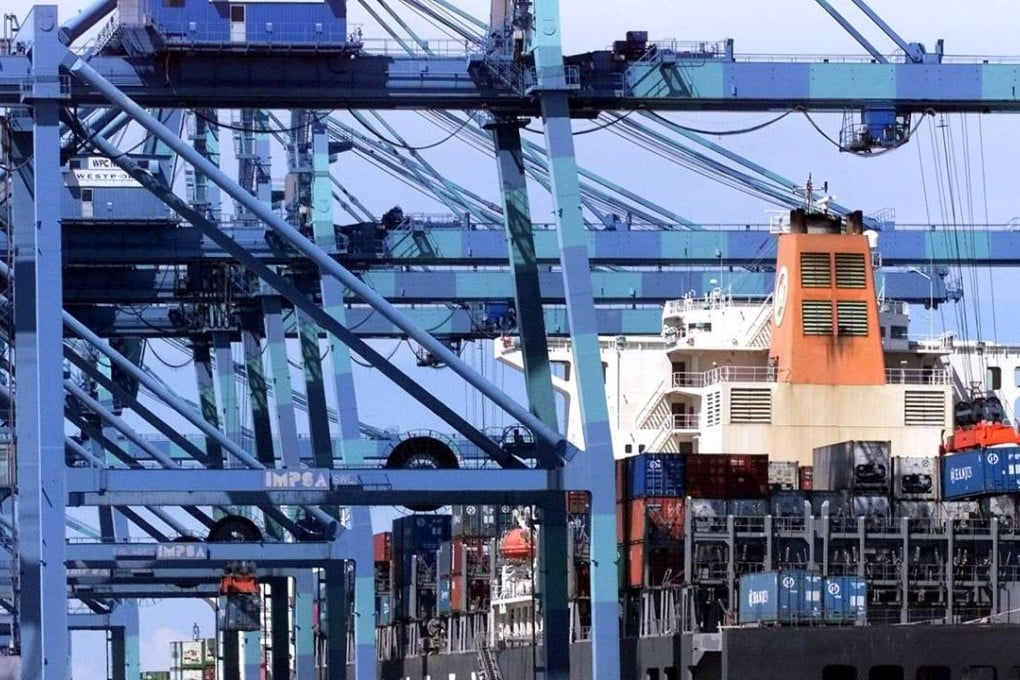Macroscope | Asean has more to lose than China from rising geopolitical tensions
Territorial differences between Beijing and other Asean nations should not come in the way of stronger economic ties

In an uncertain global economy, both China and the Association of Southeast Asian Nations (Asean) must strive to ensure that deepening economic relationships do not become stymied by continuing and admittedly thorny territorial differences between Beijing and various Asean members.
That is not to underplay the importance of differences of opinion between China and Asean members such as the Philippines and Vietnam over territorial claims in the South China Sea but to contextualise those issues within the overall China-Asean relationship and with regard to China’s economic ties to the wider world.
Certainly, the new Philippines President Rodrigo Duterte seems to want constructive bilateral engagements with China over the South China Sea.
Both Beijing and Manila will be aware that China, with 20.4 per cent of the total, is the single biggest source of imports for the Philippines, while the Philippines itself sells 10.6 per cent of its exports to China. Another 10.9 per cent of the Philippines’ exports go to Hong Kong.
And that’s just one example.
